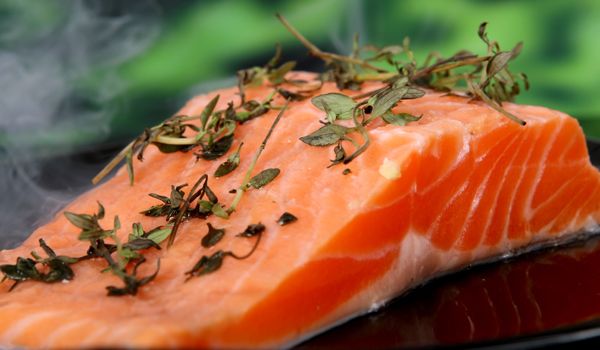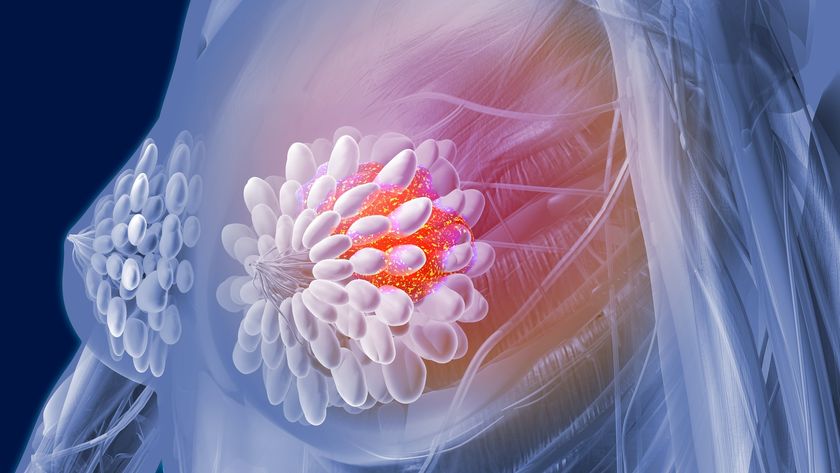Omega-3 in Fish May Reduce Breast Cancer Risk

A large review of studies concludes that women who consume more omega-3 fatty acids by eating fish were at a lower risk of having breast cancer.
The researchers in China analyzed the results of 26 international studies involving almost 900,000 women, including 20,000 who had breast cancer. The scientists found that those women who had the consumed the highest levels of omega-3 fatty acids from fish were 14 percent less likely to have breast cancer, compared with those who ate the least.
The results also showed what researchers call a dose-response relationship: each 0.1-gram increase in omega-3 per day was linked with a 5 percent lower risk of having breast cancer. For comparison, a serving of an oily fish such as salmon contains about 4 grams of omega-3 fatty acids. Oily fish are those that have high concentrations of omega-3. Consuming the type of omega-3 found in plants, however, did not appear to reduce the risk. Omega-3 fatty acids, a type of polyunsaturated fat, have been touted for years for their potential benefits in preventing heart disease and cancer. But not all studies have been able to confirm these claims. Researchers who conducted a large review of 48 studiesin 2009 concluded that it was not clear whether consuming omega-3 fats, in either the diet or by taking supplements, changed a person's risk of heart problems or cancer. However, those reviewers also said that there wasn't enough evidence to recommend that people should stop eating foods that are rich sources of omega-3. Other studies have suggested that it's not just the amount of omega-3 that one consumes that matters —the ratio of omega-3s to other fatty acids in foods is important, too. In a 2002 review study, researchers found that women who consumed a balanced ratio of omega-3s to omega-6s (an unhealthy type of fat) were less likely to develop breast cancer. In the new analysis, researchers looked at studies that measured omega-3 intake in two different ways; either by measuring omega-3 levels with blood tests, or by assessing how much fish people ate.
When looking only at studies that assessed fish diet, the researchers found there was not a significant relationship between eating fish and reduced risk of breast cancer. However, in Asian populations, fish intake did tend to be linked to a lower breast cancer risk, compared with Western populations.
The researchers said perhaps fish intake in Western populations is too low to detect a protective effect against breast cancer.
Other factors may have influenced the findings, too, including differences between sources of omega-3, the researchers said. It is not clear whether eating fish and taking omega-3 supplements have equal benefits.
It is possible too, that other compounds found in fish, such as pesticides and heavy metals from environmental pollution, may reduce the protective effects of omega-3, they said.
Sign up for the Live Science daily newsletter now
Get the world’s most fascinating discoveries delivered straight to your inbox.
The study is published today (June 27) in the British Medical Journal.
Email Bahar Gholipour. Follow LiveScience @livescience, Facebook & Google+. Original article on LiveScience.com.












